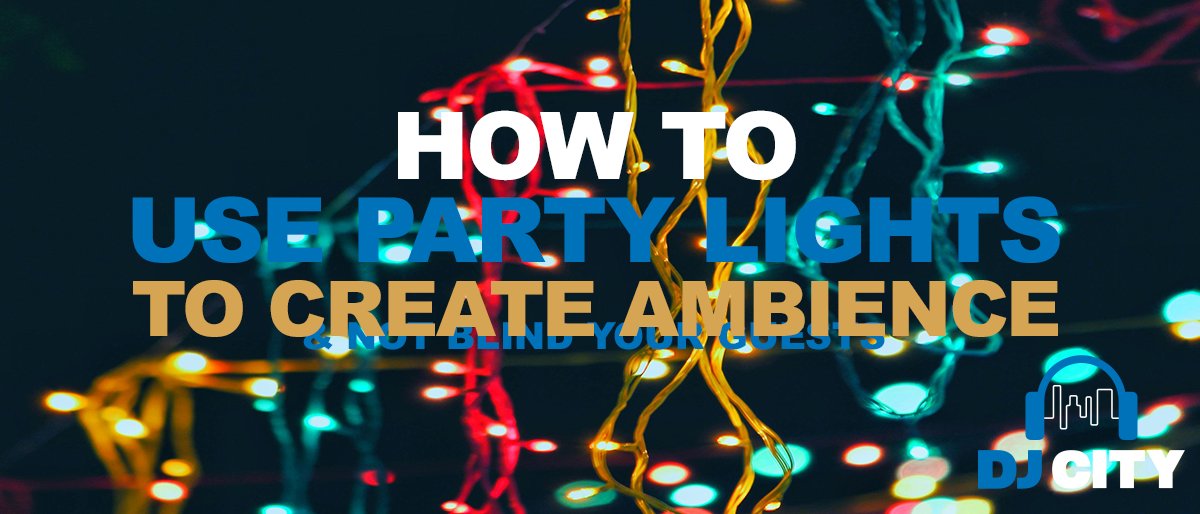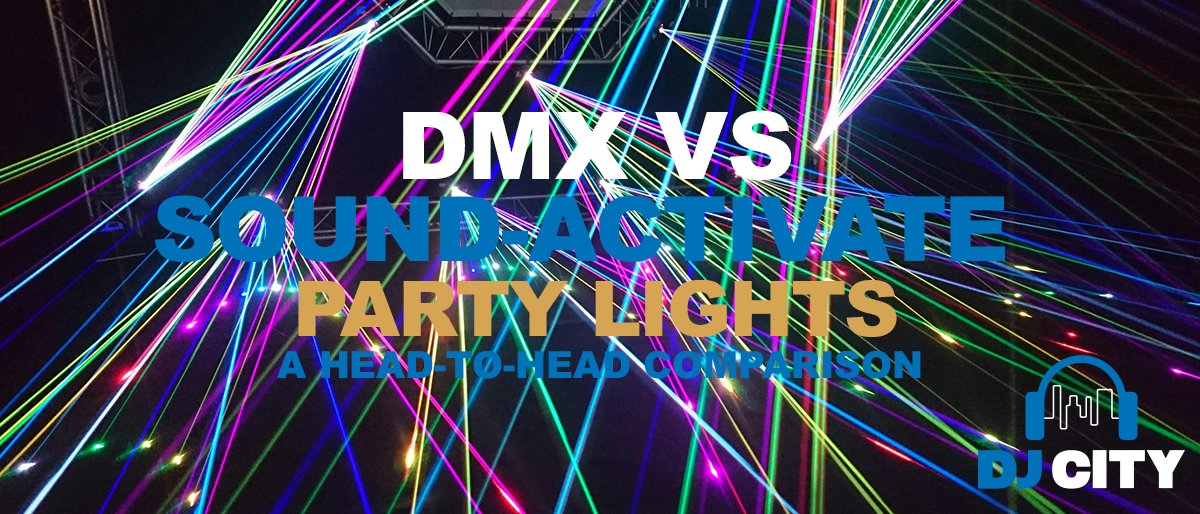
The 5 Different Types of DJ: Which One Are you?
The art of DJing is growing more than ever. So it’s no surprise there are a number of different categories and sub-categories that DJs fall into. But which one are you?
In this article, we go over the 5 main types of DJs and what’s involved in each area. Chances are, most of us will fall into one, two or even three of these different umbrellas.
Or if you’re just starting out and don’t know quite where you sit; it’s going to be perfect for you to use as a roadmap to work out exactly where you want your DJ career to take you!
1. Club DJ

First up, we have Club DJ’s. As a club DJ, you probably feel most at home playing in commercial venues such as bars, nightclubs, or opening spots at music festivals.
You’re also likely to be a Pioneer DJ user most comfortable in front of the industry-standard CDJs that you’ll find in most clubs. So you were probably ecstatic when you realised Pioneer DJ just announced the latest edition of its flagship player, the CDJ-3000.
Typically, you play lots of party tunes and electronic dance music. Although the style of music can definitely vary depending on the type of venue and crowd you’re playing for.
You’re also likely to be local to the clubs you frequent. While often called upon to play the opening slots for headliners & international acts.
The chances are your sets largely consist of other artists original music, bootlegs, & mashups. But if you’re looking to transition from the local club DJ to someone headlining your own shows, it’s probably a good idea to get into producing!
Making your own originals is by far the best way to separate yourself from the crowd and truly ‘make it’ as a DJ.
Alternatively, if you’re a beginner or aspiring club DJ, it’s a good idea to start by looking for regular slots at your local venue. This is a perfect way to develop your skills as a DJ while also building your network at the same time. Leading you to further gigs down the line and endless potential to grow your DJ career into something bigger.
KEEP READING: How to make music: Beginners Guide
2. Mobile DJ

Next, we’ve got the Mobile DJ. Mobile DJ’s commonly play at weddings, corporate functions, birthday parties, school formals and other events. As a Mobile DJ, you’re usually required to play much more commercially-orientated music and less mashups, remixes and minimal house bootlegs. However, you are going to need a diverse catalogue of tunes on your hands to meet the needs of a vast variety of gigs and clients.
Depending on the gig, you’ll often get provided with some sort of brief outlining the tracks to include, and what to avoid. This especially goes for weddings where you’re going to have specific songs for the first dance and different parts of the evening.
Another thing setting Mobile DJs apart from Club DJs is that they’re usually much more approachable when behind the decks. It’s not uncommon for the Mobile DJ to jump on the microphone, engage in conversation with guests, and even take requests. Something you’ll be hard-pressed to find with any Club DJ.
Depending on how you look at it, one of the downsides to being a Mobile DJ is that you have to set up everything from scratch. As a Club DJ, you rock up to the venue, plug in your USB, and you’re ready to go. Whereas Mobile DJs most often have to set up, and pack up everything involved in bringing the music to the event. In saying that, if you prefer Denon DJ or Native Instruments hardware over Pioneer, the choice is always yours.
You’ll also have to own a pretty hefty arsenal of equipment to make sure your setup is up to scratch. That’s going to include some or all of the following, depending on the job:
- DJ Controller & Laptop / All-In-One DJ System
- DJ Screen/Booth/Table
- PA Speakers
- Mixer
- Microphone or Wireless System for speeches
- Lighting
- Atmospheric Effects/Smoke Machines etc.
Above all, being a Mobile DJ is much more low-key than being a headliner or club DJ. Although it’s a great way for DJs to make money and you’ll find that gigs are usually more stable.
3. Turntablist / Vinyl DJs

Club DJs, Mobile DJs, and Producer DJs generally all have one thing in common. They all tend to favour the use of digital DJ controllers and systems. Whereas Turntablists (as the name suggests), stick to the tried and true method of using classic vinyl turntables.
Turntablism was popularised as early as the mid-’70s by Hip Hop DJs taking turntables and using them as instruments in themselves. Inventing techniques such as ‘scratching’, ‘cutting’, and ‘beat juggling’, DJs were able to create entirely new sounds. In turn, forming the term turntablist.
Today, turntablists have more often than not ditched the days of lugging around 100s of heavy records. Now, you’ll find most using Digital Vinyl Systems (DVS) such as Serato, RekordBox, or Traktor.
Back in the day, the best turntablists swore by the classic Technics 1200 turntables. Today, the industry-standard has began the switch to the RANE selection of DJ Turntables and Battle Mixers, which you’ll find at all the biggest turntablist tournaments such as the DMC Championships. While Reloop is another popular brand of turntable often chosen by professional DJs and turntablists.
If you consider yourself a turntablist, the chances are you prefer Hip Hop music to EDM. You probably also think you’re better than any DJ who uses a digital controller, but that’s a whole ‘nother debate!
4. Music Producer / DJ

Anyone can cue up the next song on your setlist, but it takes a talented producer to come up with the music that’s going to be played by other DJs for years to come. Producer DJs generally see most of their success through their original tracks. Which then serves as the primary reason they get booked to play clubs, shows, and festivals. Unlike the club DJ or mobile DJ who earn a living pressing play on other peoples tracks.
Today, all you really need is one or two successful songs, and you can find yourself booked at some of the biggest festivals in the country (without even having experience as any of the above styles of DJing). Not only does producing open up the potential to play more shows, but it can open up the possibilities for a number of extra income streams.
And thanks to the technology we have available to us, all you really need is a laptop, a digital audio workstation, and the passion to learn.
You don’t have to be a music producer to be a DJ. But if you’re looking to make it big time, it’s definitely a skill worth having up your sleeve.
5. Hobbyist / Bedroom DJ

Finally, the last type of DJ, we’ve got hobbyists and quote-unquote Bedroom DJs. If you fall into this category, leaving the house, playing at events, and headlining festivals probably isn’t your number one priority. At least not yet.
At this stage of your DJ career, you should be most focussed on refining the technical aspect of DJing as well as your track selection rather than landing gigs.
If you’re a bedroom DJ who falls into this category, the best way to go about progressing your career is to start by regularly uploading your mixes and sharing them online. Make sure you’re practising your skills as often as you can and getting feedback from your friends, the other DJs, and people on the internet.
Because your friends might not let you know that your mix sucks, but the people on the internet certainly will. You need that honest feedback so you know what you have to work on to properly develop your skills.
You don’t always need to move to another one of these categories either. There’s nothing wrong with keeping DJing as a hobby and keeping your love for music and creative spirit alive!


